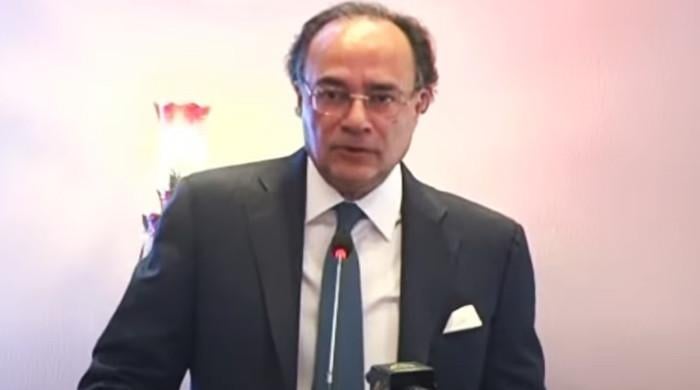Kenya to Level Playing Field: Streaming Services Like Netflix & YouTube Face VAT Alongside Traditional Media

Kenya's upcoming Finance Bill 2025 is set to reshape the media landscape, bringing streaming giants like Netflix and YouTube into the same tax bracket as traditional radio and television broadcasters. This significant move aims to create a level playing field and boost government revenue, sparking debate and anticipation within the industry.
The Core of the Change: VAT on Digital Broadcasting
Currently, digital broadcasting services – including platforms like Netflix, YouTube, Spotify, and various online radio stations – have largely operated outside the scope of Value Added Tax (VAT) in Kenya. The Finance Bill 2025 seeks to rectify this, bringing them under the same VAT regime as established broadcasting entities like radio and television stations. This means consumers will likely see an increase in the cost of accessing these digital services.
Why the Shift? Aims and Rationale
The Kenyan government's motivation behind this change is twofold. Firstly, it aims to ensure a fairer competitive environment. Traditional media outlets have long argued that they are disadvantaged by the tax exemption afforded to digital platforms, impacting their revenue and ability to invest in content creation. Secondly, the move is projected to significantly increase government revenue. With the growing popularity of streaming services and online content consumption, the potential for VAT collection is substantial.
Industry Reactions and Potential Impact
The proposed changes have elicited mixed reactions within the media industry. Traditional broadcasters largely welcome the move, viewing it as a necessary step towards a more equitable market. However, streaming services and content creators are expressing concerns about the potential impact on consumer affordability and the growth of the digital economy.
Some analysts predict that the VAT increase may lead to a slight decrease in subscriber numbers for streaming platforms, particularly among price-sensitive consumers. However, they also acknowledge that the Kenyan market is still relatively young, and the long-term growth potential of digital media remains strong.
Consumer Perspective: What to Expect
Kenyan consumers can anticipate seeing VAT added to their monthly subscriptions for services like Netflix, YouTube Premium, and other streaming platforms. The exact percentage of VAT will be determined when the Finance Bill is formally enacted. While the initial increase may be a slight inconvenience, many consumers are likely to accept it as a necessary cost of accessing high-quality digital content.
Beyond VAT: Broader Implications for the Media Sector
This change in VAT treatment is part of a broader trend globally, as governments grapple with how to tax the digital economy. Kenya's move signals a commitment to modernizing its tax system and ensuring that all media businesses, regardless of their distribution method, contribute fairly to the national economy. It is also likely to spur further discussions about the regulation of digital content and the role of government in shaping the future of the media landscape in Kenya.
The Finance Bill 2025 is currently undergoing parliamentary review, and the final details of the VAT treatment for digital broadcasting services may be subject to change. However, the direction of travel is clear: Kenya is moving towards a more level playing field for all media players, with implications for both businesses and consumers alike.





